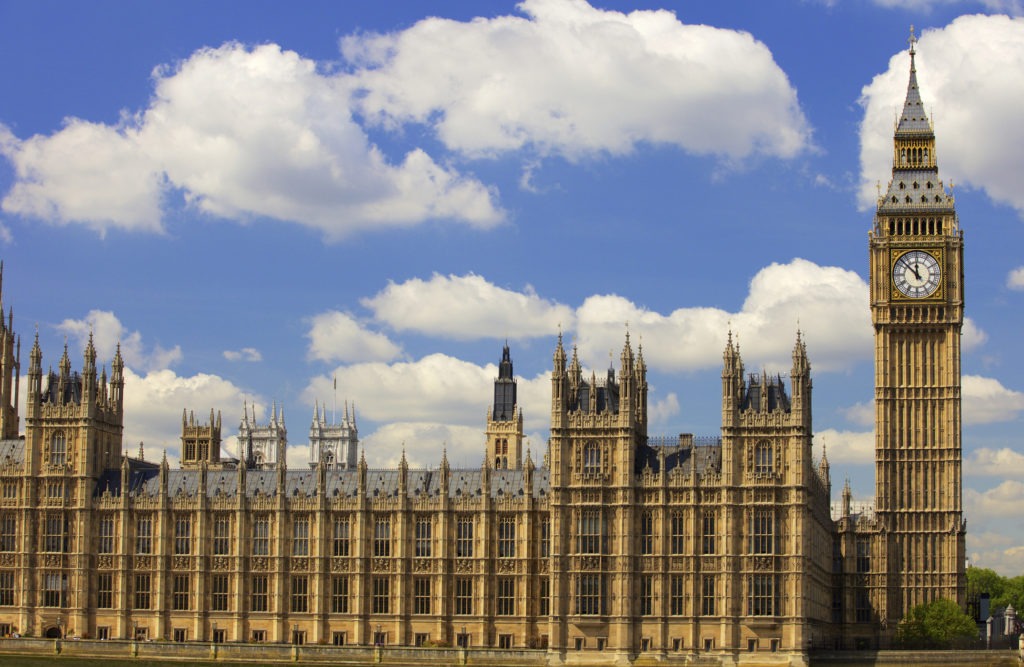Call for new UK Government to focus on strengthening automotive sector
26 May 2017

26 May 2017
The SMMT has renewed calls for more focus on the automotive market from the British Government following the general election on 8 June. Despite an increase in sales and manufacturing in the UK during 2016, the sector faces change due to both technological advances and Brexit.
UK car manufacturing fell in April, according to figures released today by SMMT. 122,116 cars were made in the month, an 18.2% decrease on April 2016, as the late Easter bank holiday affected production.
Despite a decline in April 2017, vehicle manufacturing remains strong in the UK, with 593,796 cars made so far this year – a 1% increase on the same period in 2016. These figures are the level for the first four months of the year since 2000.
Demand from overseas buyers continues to drive growth, up 3.5% so far this year and offsetting a fall in UK sales of 7%. In total 76.8% of all cars made in the UK since January have been shipped abroad, with the majority going into the EU.
However, the SMMT feels that this could be under threat with changes in both technological and political landscapes. It has launched a report highlighting what needs to be done in the next five years to ensure the automotive market in the UK remains strong. With the country home to six mainstream vehicle manufacturers, nine premium and sports car manufacturers, six design centres, nine engine manufacturers and over 2,500 suppliers, the report calls on any new government to build a strong trading relationship with the EU post-Brexit, which safeguards the interests of the automotive industry.
To emphasise the need to free trade, SMMT CEO Mike Hawes comments: ′We need to make sure we have no tariffs, no barriers, and no additional customs checks, all of which will add cost to the industry. If we were to revert to WTO there would be a significant cost attributed, around £1.8 billion (€2.1 billion) on exports, and £2.7 billion (€3.1 billion) on imports. That would translate to an increase in sticker price on a vehicle of around £1,500 (€1,700). When you consider that 80% of cars sold in the UK are imported, and therefore subject to the increase, it is easy to see who would bear the burden – the consumer.’
The report also calls for the new government to ensure a globally competitive business environment by taking an ambitious and joined-up approach to tackling issues that affect UK competitiveness, create a long-term industrial strategy, support sustainable and ultra-low emission vehicles (ULEVs) through funding and infrastructure, and to develop a comprehensive connected and autonomous vehicle strategy, removing obstacles to their development and deployment.
Hawes adds: ′Overall, British car manufacturing remains in good health with the production outlook still very positive and significant new models due to go into UK production shortly. To guarantee future growth and investment into our industry and its vital supply chain, however, we need the next government to safeguard the conditions that have made us globally competitive, keeping us open and trading and delivering an ambitious industrial strategy for our sector.’